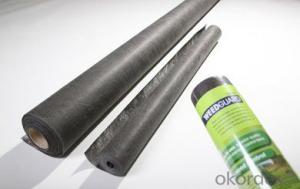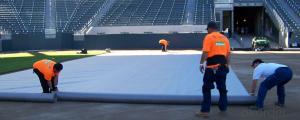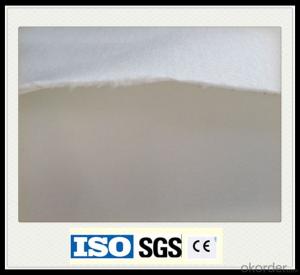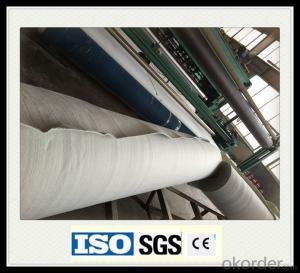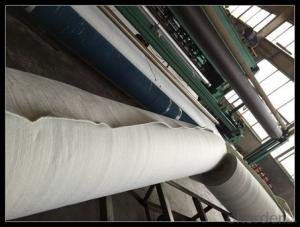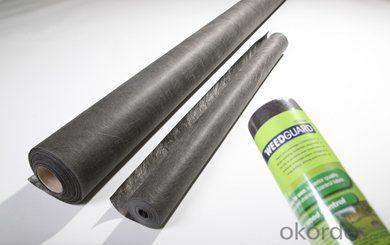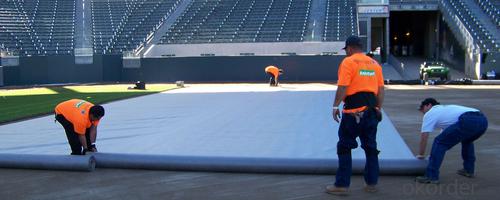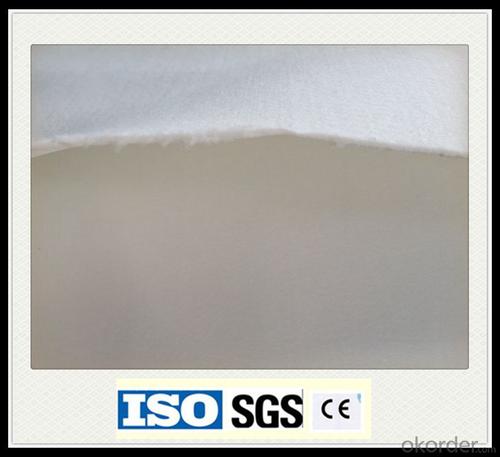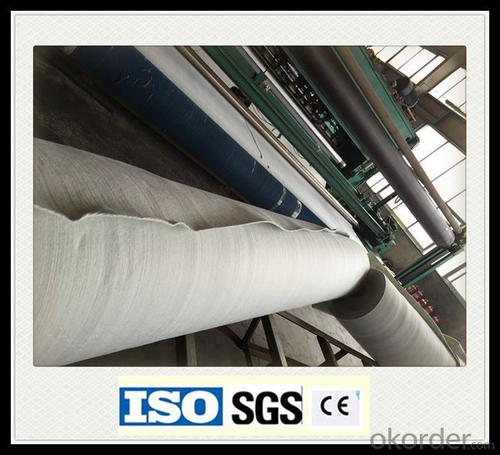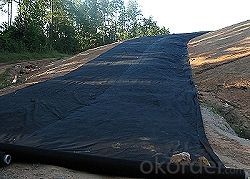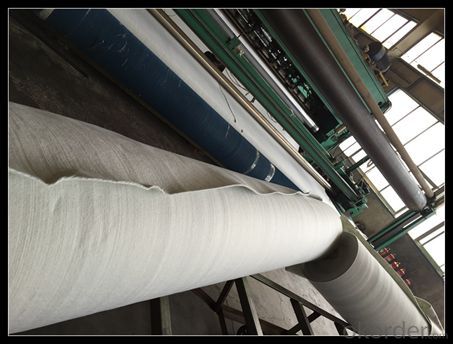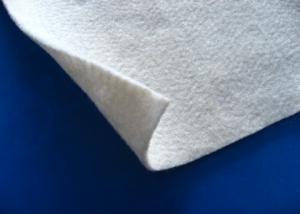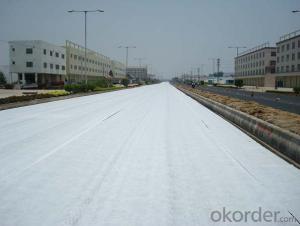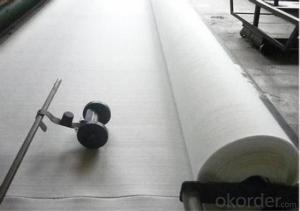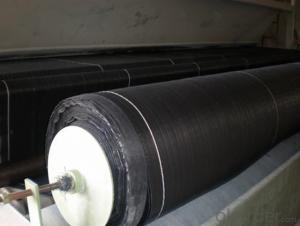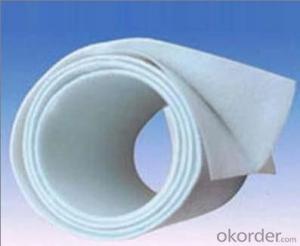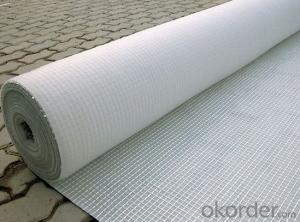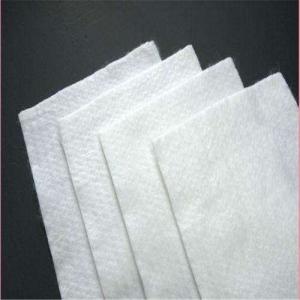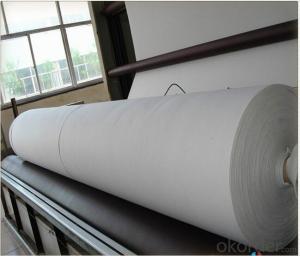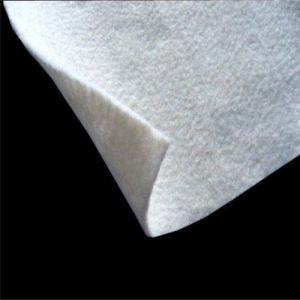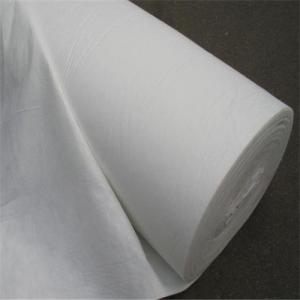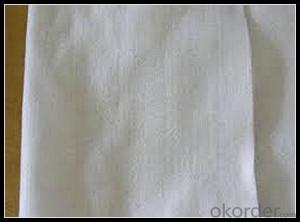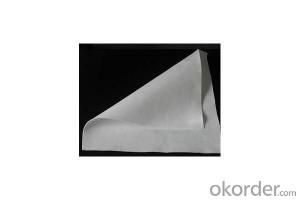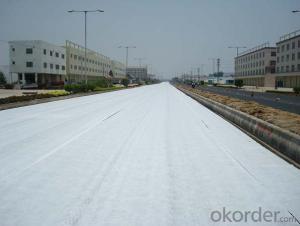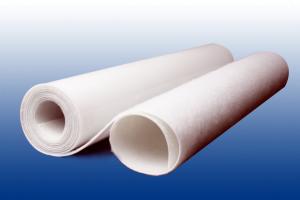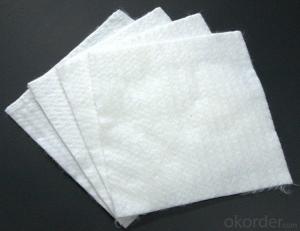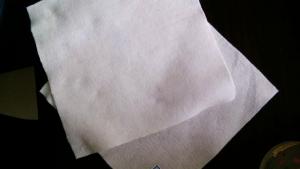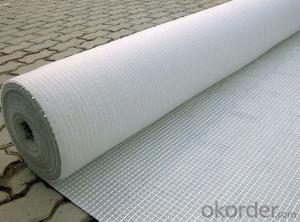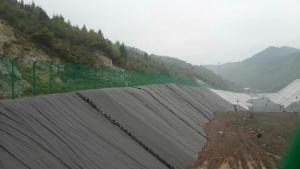Nilex 4551 Non Woven Geotextile Fabric Polypropylene Roll for Road Construction
- Loading Port:
- China main port
- Payment Terms:
- TT OR LC
- Min Order Qty:
- 1000 m²
- Supply Capability:
- 1000000 m²/month
OKorder Service Pledge
OKorder Financial Service
You Might Also Like
Specification
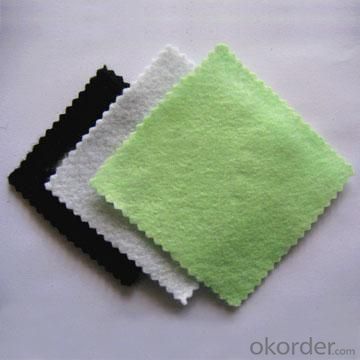
Geotextiles
Divider
Protect the integrity of your gabion basket installation with high-quality geotextiles between your gabion structures and the soil. We supply only the highest quality of both woven and non-woven geotextiles for gabion installations and other applications.
These geotextile filter fabric materials prevent the migration of fine soils to the spaces between rock particles. The migration of fine soil into your gabion structure can cause subsidence problems below or behind the gabion structure in time if not applied correctly and will stir up problems – especially in sandy soils. Clay soils do not generally require a geotextile filter fabric as they seldom leach through the basket section. We recommend using a suitable geotextile where the gabion is in contact with earth, this will limit any movement of soils through a gabion structure. In soft soil foundations especially and wherever overlaps or joins are required, we suggest a minimum overlap of 300mm(1 ft).
We supply geotextile to all sites where gabions are used. Depending on the required structure of the gabion, we normally find that about 1-2m2 of geotextile per m3 of gabion is required
Some of the Geotextile Fabrics we carry are:
Pond Liners
Landfill Liners
Needle punched Non-wovens
Woven Monofilament Fabrics
Soil Stabilization, Reinforcement and Separation products
Non-woven Spun-bonded Landscape Fabrics
Ground Cover Fabric
Inlet Protection Fabric (DOT Spec)
Fuzz-back Fabric
Packaging & Shipping
Packing: PLASTIC FILM INSIDE, AND WOVEN BAG OUTSIDE
Shipping: About 15 days after receipt the deposit
Our Service
Quality assurance
1.On a regular basis or as per your request,we entrust national testing agencies to conduct quality inspections
2. Strictly in accordance with the ISO9001-2008 international quality system standard,we monitor and manage the whole process throughout production,quality testing,and measurement to ensure product quality
3. For quality-related construction delay or substandard construction(except for damage or losses due to customer’s responsibility or irresistible natural disasters),we have refunding,replacement,and repair services.We will respond to customers’ feedbacks on quality issues within 24 hours.
Q: What kind of payments does jenor support?
A: T/T, L/C, Cash are accepted.
Q: Do you charge for the samples?
A: Accordeing to our company policy, the samples are free, we only charge the freight fee. And we will return the freight fee during the next order.
Q: Can you produce according to customers' design?
A: Sure, we are professional manufacturer, OEM and ODM are both welcome.
Q: Do you have other products?
A: Yes, please check the pictures:
geotextile fabric
permeability,filtration,easy for construction
ISO and CE certificate
Good quality and competitive price
- Q: How do geotextiles help with reinforcement of embankments?
- Geotextiles help with the reinforcement of embankments by providing stability, preventing soil erosion, and improving overall durability. They act as a barrier between soil layers, distributing loads and reducing the risk of settlement or slope failure. Additionally, geotextiles allow for better drainage, reducing the buildup of water pressure behind the embankment and minimizing the possibility of landslides.
- Q: Can geotextiles be used in pond liner systems?
- Yes, geotextiles can be used in pond liner systems. Geotextiles are often utilized as an additional layer in pond liner systems to provide reinforcement, prevent soil erosion, and enhance the overall stability and longevity of the pond.
- Q: Can geotextiles be used in geothermal energy projects?
- Yes, geotextiles can be used in geothermal energy projects. Geotextiles are often used as a filtration and separation layer in geothermal systems, helping to prevent fine particles from clogging pipes and equipment. They can also be used as a reinforcement layer to improve the stability and load-bearing capacity of the ground in geothermal installations.
- Q: What are the applications of geotextiles in coastal engineering?
- Geotextiles have several applications in coastal engineering, including shoreline protection, erosion control, and sediment filtration. They are used to stabilize and reinforce coastal structures such as revetments, breakwaters, and seawalls. Geotextiles also help in preventing soil erosion by acting as a barrier between the beach or dune and the water, reducing the impact of wave action. Additionally, they can be used to filter sediment and prevent the clogging of drainage systems in coastal areas. Overall, geotextiles play a crucial role in maintaining and safeguarding coastal environments.
- Q: What are the factors to consider when designing geotextile-reinforced walls?
- When designing geotextile-reinforced walls, several factors need to be considered. 1. Soil characteristics: It is important to assess the soil properties such as its strength, permeability, and compaction. This information helps determine the appropriate geotextile material and reinforcement spacing required for stability. 2. Wall height and slope: The height and slope of the wall impact the design of the geotextile-reinforced structure. Steeper slopes may require additional reinforcement layers or geogrids for increased stability. 3. Loadings and surcharges: The anticipated loads and surcharges on the wall, such as traffic loads or nearby structures, should be considered to determine the necessary strength and stability requirements for the geotextile-reinforced wall. 4. Water and drainage: The presence of groundwater or surface water must be evaluated as it can affect the stability and durability of the wall. Proper drainage systems need to be incorporated to prevent water buildup behind the wall. 5. Environmental considerations: The potential impact of the geotextile-reinforced wall on the surrounding environment should be assessed. This includes factors like vegetation, wildlife habitats, and erosion control measures. 6. Construction methods and access: The availability of construction equipment and access to the site will influence the choice of geotextile materials and construction techniques. Considering these factors ensures the geotextile-reinforced wall is designed to withstand the required loads, maintain stability, and have long-term durability.
- Q: Geotextile types and role of geotextiles which types, respectively, what role, filament geotextile, short geotextile, composite geotextile, respectively, what role? More
- Geotextile types and role of geotextiles which types, respectively, what role, filament geotextile, short geotextile, composite geotextile, respectively, what role? More
- Q: How do geotextiles help in preventing piping in dams?
- Geotextiles help in preventing piping in dams by providing a barrier against soil erosion and seepage. They are placed in the dam structure and act as a filter to prevent fine particles from being washed away by water flow. This, in turn, reduces the risk of internal erosion and piping, ensuring the stability and longevity of the dam.
- Q: How do geotextiles improve the performance of foundations?
- Geotextiles improve the performance of foundations by providing reinforcement, filtration, and separation functions. They increase the load-bearing capacity of the soil, distribute the load more evenly, and prevent the mixing of different soil layers. Additionally, geotextiles help to drain excess water, control soil erosion, and protect the foundation from potential damage.
- Q: Can geotextiles be used in pond and lake liners?
- Yes, geotextiles can be used in pond and lake liners. Geotextiles are commonly used as a protective layer in pond and lake liners to prevent punctures or damage to the liner material. They can help to enhance the durability and longevity of the liner, while also providing additional benefits such as filtration and drainage.
- Q: Permeable geotextile how many square
- Geotextile with GB and non-standard, do not know how many grams you want, the price from a few hair to a few pieces have.
Send your message to us
Nilex 4551 Non Woven Geotextile Fabric Polypropylene Roll for Road Construction
- Loading Port:
- China main port
- Payment Terms:
- TT OR LC
- Min Order Qty:
- 1000 m²
- Supply Capability:
- 1000000 m²/month
OKorder Service Pledge
OKorder Financial Service
Similar products
Hot products
Hot Searches
Related keywords
